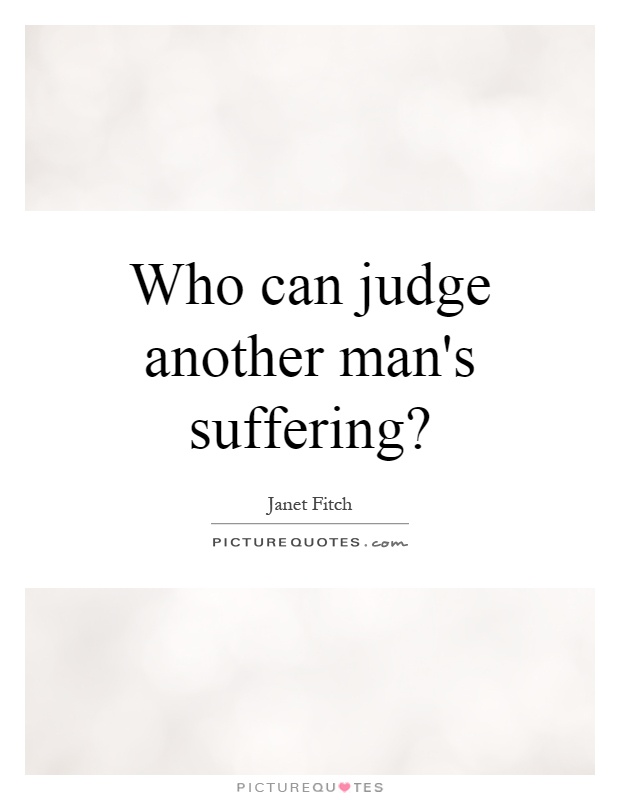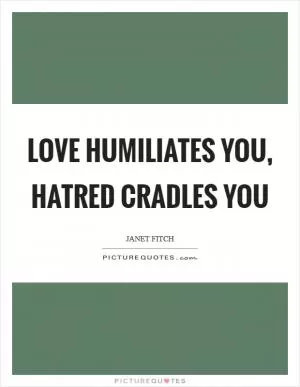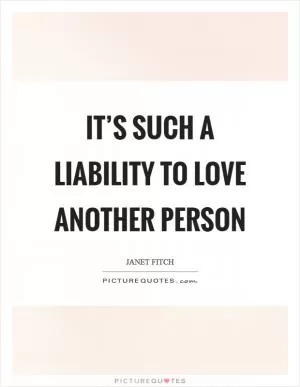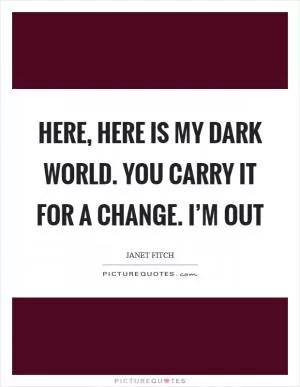Who can judge another man's suffering?

Who can judge another man's suffering?
In the context of Janet Fitch's work, particularly her novel "White Oleander," the question of who can judge another man's suffering is a central theme that resonates throughout the story. The protagonist, Astrid Magnussen, experiences immense suffering throughout the novel as she navigates the foster care system after her mother is imprisoned for murder. As Astrid struggles to find her place in the world and come to terms with her traumatic past, she encounters numerous individuals who attempt to judge and quantify her suffering.One of the most poignant examples of this theme in "White Oleander" is Astrid's relationship with her foster mother, Claire Richards. Claire, a successful poet and artist, initially takes Astrid in with the intention of molding her into a mini-me version of herself. However, as Astrid's suffering becomes more apparent and her trauma begins to surface, Claire's judgment of Astrid's pain becomes increasingly skewed. Claire believes that she knows what is best for Astrid and attempts to control her emotions and experiences, ultimately causing more harm than good.
Similarly, Astrid's interactions with other foster children and authority figures in the novel also highlight the theme of judgment and suffering. Throughout her journey, Astrid encounters individuals who believe they have the right to determine the validity of her pain and the extent of her suffering. However, as Astrid's story unfolds, it becomes clear that no one can truly understand the depth of her trauma except for Astrid herself.












 Friendship Quotes
Friendship Quotes Love Quotes
Love Quotes Life Quotes
Life Quotes Funny Quotes
Funny Quotes Motivational Quotes
Motivational Quotes Inspirational Quotes
Inspirational Quotes